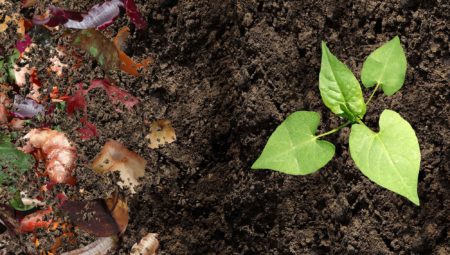For five months, scientists from the University of Alcalá and the Universidad Autónoma de Madrid examined compost from various sources from five Spanish composters applying different composting processes.
The researchers found a lot of “ordinary” plastic in the samples, especially in waste collected from street bins. For example, every gram of dry compost contained 10 to 30 pieces of (micro) plastic, mainly polyethylene, polystyrene, polypropylene, PVC and acrylic polymers. EN-13432 certified compostable bioplastics were not found at all. These findings are in line with those of previous studies in Italy, Germany and the Netherlands, among others.
The conclusion is that certified compostable bioplastics degrade adequately under natural conditions. Therefore, they can play an important role in making the European economy circular. The Spanish study is published in the scientific journal Science of The Total Environment.
Image: Lois GoBe/Shutterstock



